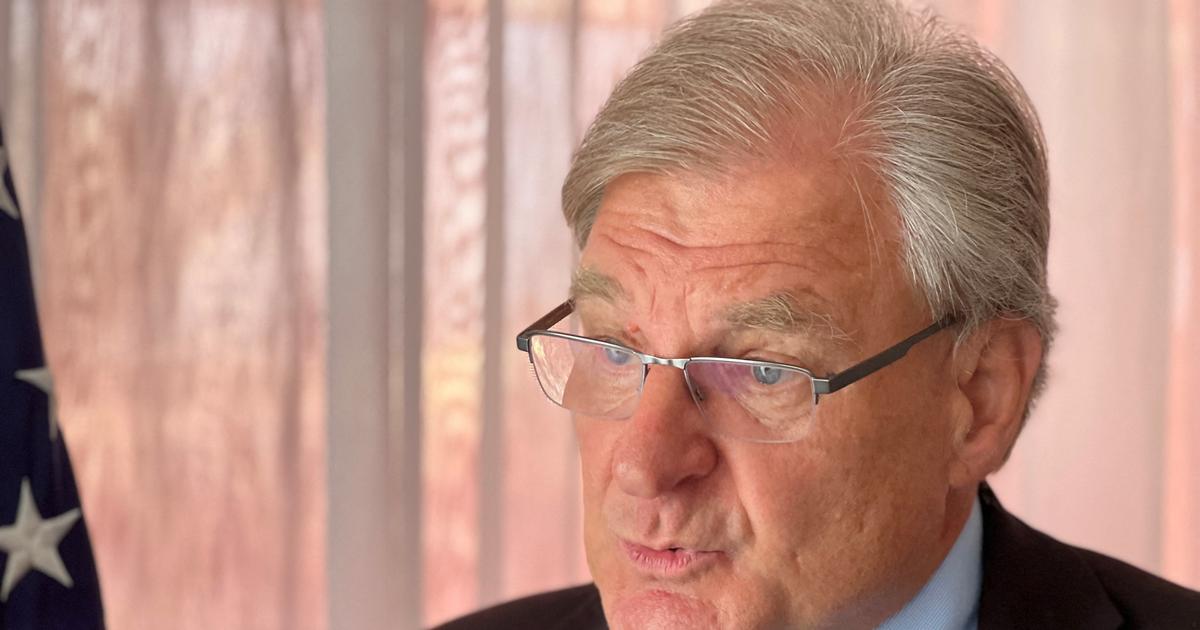US Ambassador to Tripoli Richard Norland on Wednesday (June 29th) warned rival protagonists in Libya against using oil "
as a weapon
" in their political wrangling that has largely crippled the oil industry since April.
Read alsoLibya: oil, Marshal Khalifa Haftar's new weapon
"
The United States continues to support the vast majority of Libyans who want elections and demand that the country's oil wealth be managed responsibly
," said Richard Norland, who is also US special envoy for Libya, according to a statement. from the embassy.
Based in Tunis due to the precarious security situation in Libya, Richard Norland made these statements after a rare two-day visit to Tripoli during which he met with several Libyan officials.
"
It is alarming to see that some, for short-sighted interests, are using the oil sector as a weapon or have taken decisions unilaterally that have repercussions on the use of Libya's oil revenues
," he added.
“State of Force Majeure”
Oil production, Libya's main source of income, has been hostage to political divisions since mid-April with many sites forcibly closed, the result of a showdown between two rival governments.
The National Petroleum Company (NOC) warned on Monday that it could decree “
force majeure
” on the installations in the Gulf of Sirte (North), failing to be able to respect its contractual commitments due to their forced closure.
Invoking “
the state of force majeure
” releases the company from its contractual obligations while exonerating it from any liability for their non-performance.
Plunged into chaos since the fall of the regime of Muammar Gaddafi in 2011 and undermined by the divisions between the East and the West of the country, Libya, endowed with the most abundant reserves in Africa, is in the grip of a serious crisis. institutional.
Two governments have been vying for power since March: one based in Tripoli and led by Abdelhamid Dbeibah since 2021 and another led by Fathi Bachagha and supported by the camp of Marshal Khalifa Haftar, the strongman of the East.
Read alsoLibya: Khalifa Haftar and his army pushed back far from Tripoli
In this context, six oil fields and terminals in the east of the country were forcibly closed in mid-April by groups close to the eastern camp, demanding the transfer of power to Fathi Bachagha.
While Khalifa Haftar controls a large part of the oil fields, the revenues are managed by the Central Bank, which is based in Tripoli and whose governor is reputed to be close to Abdelhamid Dbeibah.

